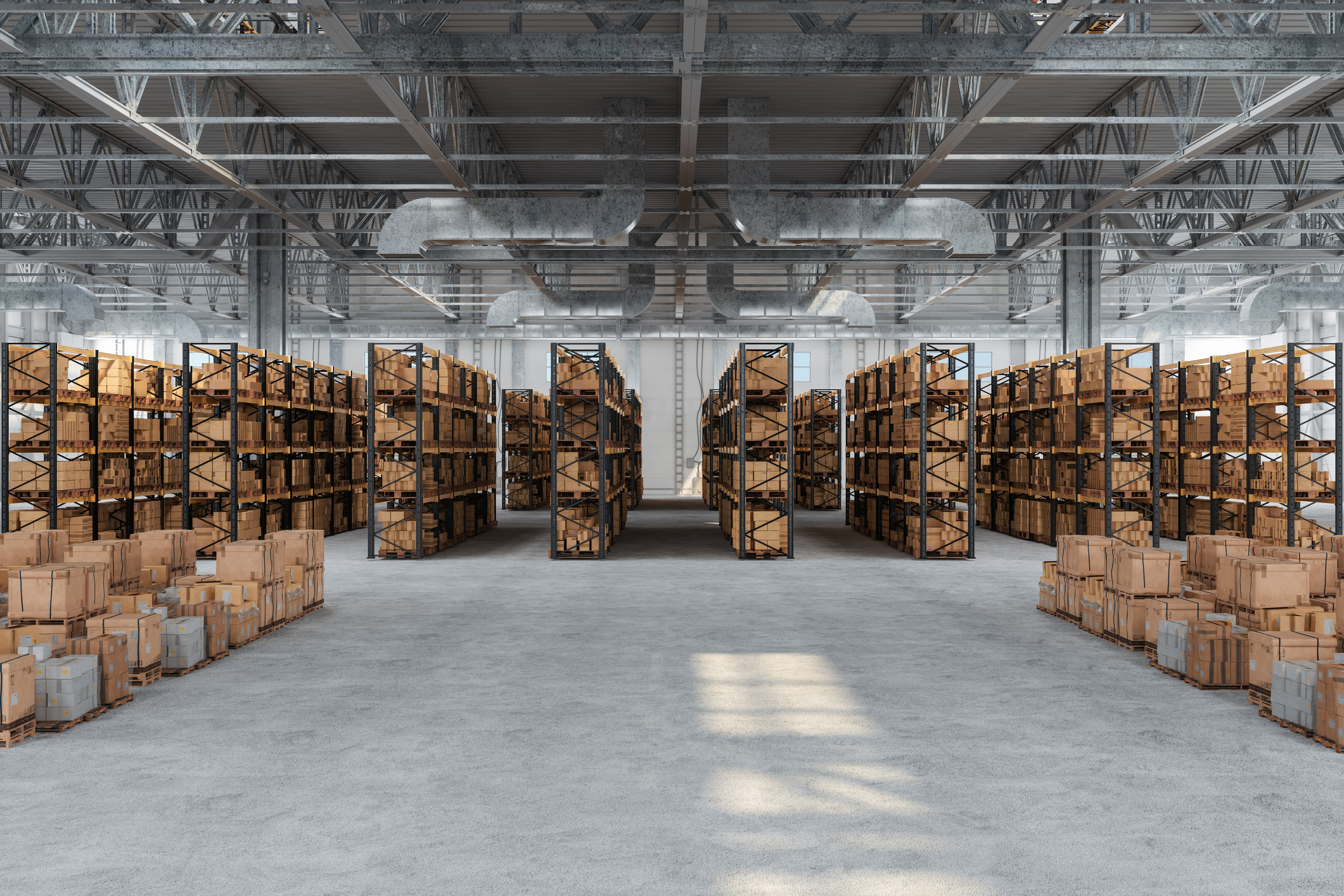
Should I lease or buy equipment?
As we press on in 2024, economic uncertainty and interest rates both remain high. But the show must go on, and owners are evaluating the best ways to continue investing in their businesses.
When considering new equipment, business owners are faced with the age-old question: “Should I lease or buy?" The answer varies from business to business and often from year to year as interest rates, tax laws, and a business’s liquidity can vary greatly. The first step is to speak with your CPA and your banker to understand the tax consequences, cost of money, and how it will impact your borrowing capacity.
Benefits to leasing include tax deductions for the lease expense, lower up-front cash requirements, and imbedded maintenance plans. However, it’s important to understand the all-in cost of the lease payment, including the imputed interest rate and extra fees, and ensure that the term matches the business’s need for the equipment.
When buying equipment, a business may be able to take advantage of bonus depreciation as well as lower costs if efficient operation and maintenance extends the life of the equipment. Borrowing to purchase equipment will add interest expense and may eat into how much a business is able to borrow, leaving less capital for other opportunities. Using cash is an option, as well as only financing a portion of the equipment purchase. That way a business can minimize interest expense, while preserving liquidity and still have the benefits of owning.
Having trusted advisors on your team can help you best navigate these complex financing situations. Where You Bank Matters.
Originally published in Small Business Monthly's March issue of 2024 by Pete Zeiser, President - Chesterfield Commercial at Midwest BankCentre.